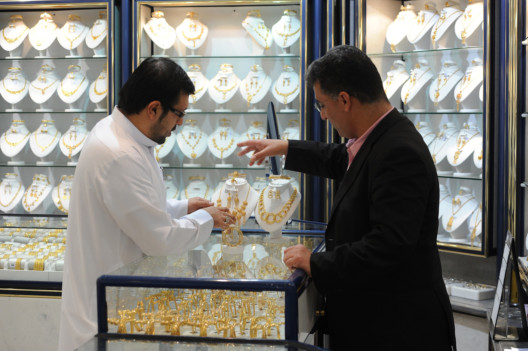
Commodity prices have been falling since September, culminating in a rout over the last two weeks. That is a classic warning for the global economy.
It is becoming ever clearer that the roaring boom in global equities since last summer has priced in an economic recovery that does not in fact exist. The International Monetary Fund has had to nurse down its global growth forecasts yet again. We are still stuck in an old-fashioned trade depression.
That should puncture the last illusions that Germany is about to pull Europe out of self-inflicted slump.
The divergence between stock markets and the Deutsche Bank index of raw materials is astonishing to behold, so like the pattern in early 1929. Steel has fallen 31 per cent this year. Brent crude is off 17 per cent since early February, and copper 15 per cent.
You have to be careful reading too much into commodities, distorted by China. The time-honoured cycle is a surge of investment that comes on stream at once with a lag. America’s shale drive has turned the world gas market upside down.
Copper output in Chile rose 7 per cent last year. The crash in the Baltic Dry Index for shipping rates is partly a tale of too many ships.
Yet excess supply does not explain the collapse in gold over the last week. Cyprus may have been an incidental trigger. If the EU-IMF Troika is determined to strong-arm the Cypriots into selling most of their pint-size holding of 14 tonnes, it may do the same to Portugal when the time comes, and then you are talking about the world’s 14th biggest holding of 382 tonnes.
Bank of America says the gold crash last week has already discounted sales of the entire Cypriot, Portuguese, and Greek gold reserves combined.
“As we believe additional gold selling in the European periphery is highly unlikely, we find it hard to fully justify the sell-off,” it said.
The central banks of China and the emerging powers bought 535 tonnes last year to escape dollars and euros, the biggest wave of state purchases since 1964.
Falling knife
Their strategy is to buy the dips, and they are no fools. They won’t try to catch a “falling knife”, preferring to wait until the dust settles. The upward trend of the great bull market has been broken. Bank of America expects a further drop to $1,200. Be patient.
My view is that the US Federal Reserve and the Bank of Japan “caused” the gold crash. The rest is noise.
The Fed assault began in February when it warned that the longer QE continues, the harder it will be for the bank to extricate itself. It said the Fed’s capital base could be wiped out “several times” once borrowing costs climb.
The window will start shutting by 2014, with trouble then compounding at a “dramatic” pace.
— The Telegraph Group Limited, London 2013












